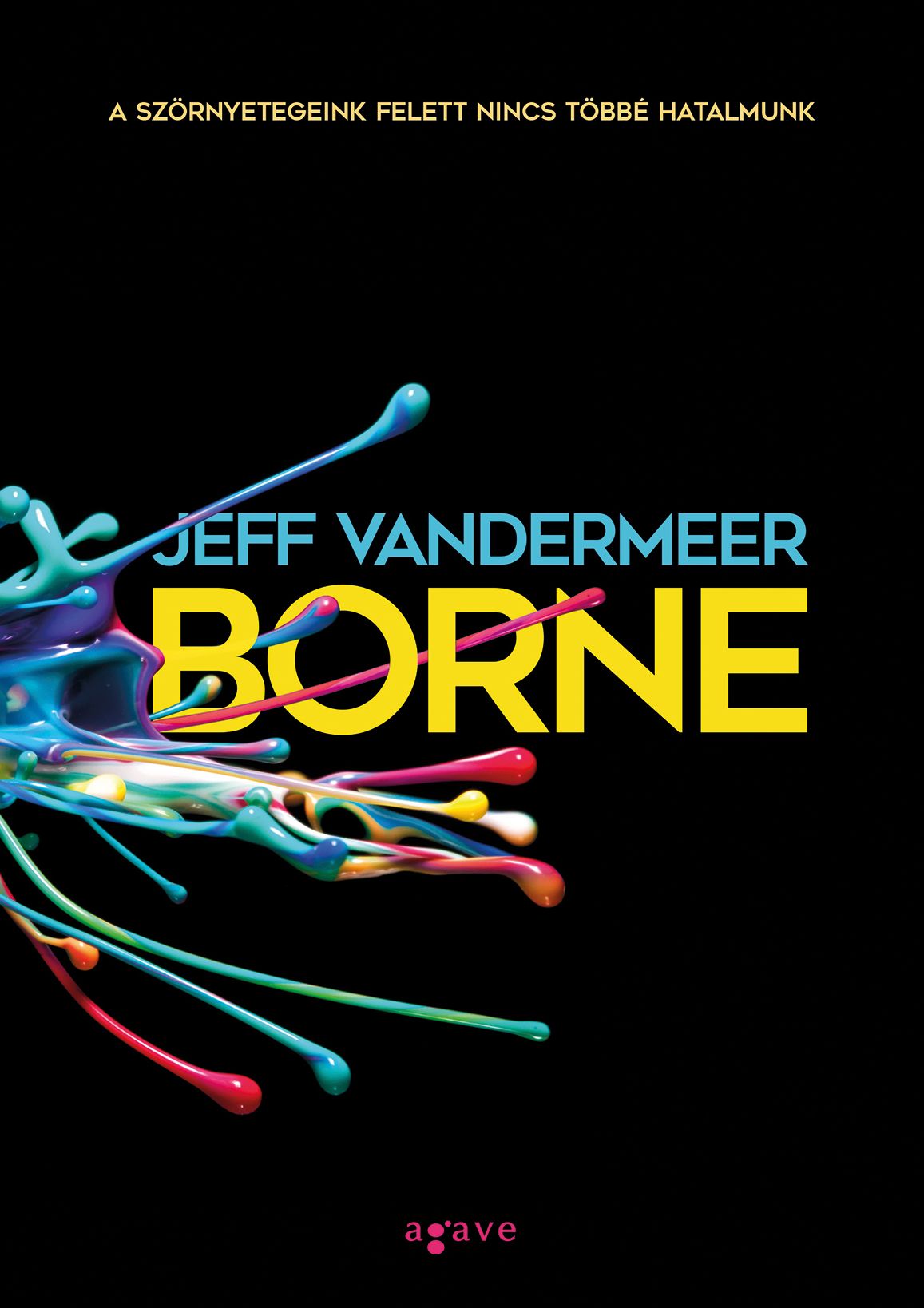Elemző: nem a Fidesz legfőbb érdeke, hogy nyilvánosságra kerüljön Magyar Péter legsötétebb titka

Az sem maradt sokáig rejtély, miért „ijedhettek meg egy ágy képétől” a baloldalon.

Jeff VanderMeer, the author of Borne don’t really think of genre boundaries that much and want to make them go away. His approach is to not make aliens or animals reflections of human beings; and he also has a good reason to not explain the biotech he uses in his new novel.
No one can really define the genre of Borne. Do you feel the need to specify it at all?
I don’t really think of genres that much or care much. I just know how and why I need to tell a story and that has a lot to do with character point of view and in Borne’s case balancing the epic and the personal. I really also thought about approaching SF from a kind of fantastical perspective and also from anime or Moebius/graphic novel influences. It wouldn’t be much fun in a novel of contemporary realism to get a page about how smart phone work, so I thought this approach could help in not having to devote pages of explanation to how biotech works. In novels of the future, most of the explanation occurs because the author is still thinking from the Now.

Do you think there is a sharp boundary between literary fiction and genre fiction?
I’ve spent my whole career ignoring those boundaries so as to make them go away. I do think Atwood’s SF trilogy helped knock those boundaries down even more and made it easier for fantastical and speculative fiction to find sympathetic mainstream readers. Personally, I think it’s more revolutionary to not defend a territory but instead try to get your weird or out-there ideas to as many readers as possible.
The development of the title character, Borne, clearly resembles the coming of age of a child; while it is also obvious that he is not exactly like a human child. Did you want to explore the beauties, and also the difficulties of a parent-child relationship?
To some extent I did—early Borne, those conversations, are often very much like conversations I had with my stepdaughter when she was a child. But Borne is also potentially a made creature—created for a particular purpose. So it’s not simple nature-nurture or a mother-child relationship. And many times Borne is trying to tell Rachel something with even very silly conversations that she doesn’t quite get, in part because he’s unused to using human language.
One review highlighted the fact that your aliens are not familiar ones: they are as different from humans as possible. In your opinion which tells more about people? An alien which resembles them, or a monster which is totally different?
I think that was the New York Times Book Review. Yes, I was quite flattered and vindicated by that review because this is exactly my approach. To not make aliens or animals reflections of human beings, or not only that. If we’re supposed to be imaginative in our approach as fiction writers then we need to also imagine things that have nothing to do with human beings.

The other main characters in the novel are two humans. What motivates Rachel and Wick to survive in this nightmarish city?
They don’t want to die.
Let’s talk about the flying bear, Mord. Why you chose a giant bear as a villain, and why you made him capable of flying?
Because a giant flying elephant shrew would’ve been ridiculous. But also because I’ve always liked bears and admired their physical strength and because they are one of the few large mammals that has been successful despite human predations into the modern era. As for flying…why not?
Mord was made by the biotech company, referred simply as Company by the characters. Why did not you chose a specific name for this entity?
Just as in the Southern Reach not having names for the characters helped me know them better, not having a name for the company helped me know it better, by its own need for anonymity. Also, in the Southern Reach I wanted the characters to be lost in the vegetation, so to speak, and in Borne I wanted them to stand out starkly from the landscape, so names for characters and no name for the city and the company helped with that.
You were vague about the details of the world in the Southern Reach trilogy. Do you think it’s true that you explain more about the background story in Borne?
There’s actually a lot of detail about the world in the Southern Reach—it’s just different from the detail in Borne. In Borne, the detail is applied as much to the animals and characters as to the setting.
I also noticed that the ending is more optimistic. You became more optimisitc, or this ending just fits this novel?
I always follow the characters and situations in ways that make sense. But I don’t think the end of Area X is that pessimistic. Unlike current forecasts from scientists about our future, human beings are still alive at the end.
You are a busy man: besides of writing novels, you edited a lot of anthologies with your wife, including The Big Book of Science Fiction. Now you are working on The Big Book of Classic Fantasy. Does the stories you work with have an impact on you as a writer?
It is humbling to be able to read so much classic literature and to have a much better sense of what is still original and what is not. It does form a sedimentary layer in the back of my mind before I work on a new novel. So it is not so much conscious influence as there in the subconscious. Lurking.